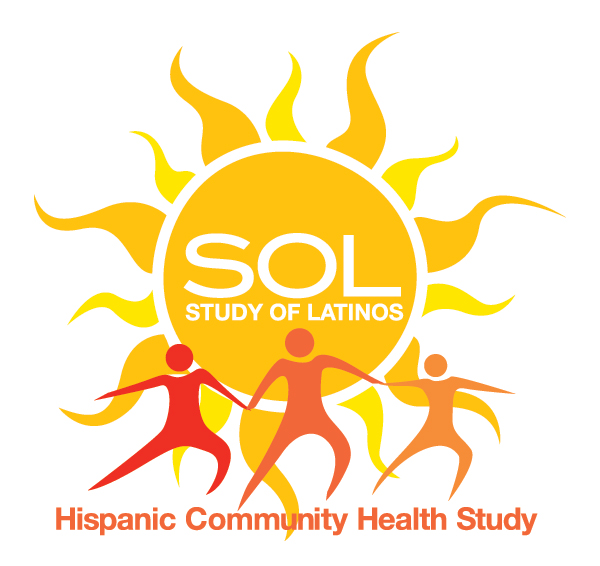Hispanic Community Health Study/Study of Latinos (HCHS/SOL)
Study Using Ethnically Diverse Sample Population Identifies More Type 2 Diabetes-Linked Genomic Regions Than European-Only Studies
A large-scale study that included multi-ethnic participants has identified more genetic regions linked to type 2 diabetes-related traits than if the research had been conducted in Europeans alone.
The study, titled “The Trans-Ancestral Genomic Architecture of Glycemic Traits”, was published in Nature Genetics, and co-authored by NIMHD Director of Clinical and Health Services Research, Dr. Larissa Aviles-Santa, on behalf of the Hispanic Community Health Study/Study of Latinos (HCHS/SOL).
Press release: Ethnic Diversity in Research Identifies More Genomic Regions Linked to Diabetes-Related Traits (May 31, 2021)
About HCHS/SOL

The Hispanic Community Health Study/Study of Latinos (HCHS/SOL) is a project that began in 2006 with the purpose of gaining a better understanding of health and disease among U.S. Latinos. In particular, this study aims to determine how heart and lung diseases, along with other chronic conditions, affect various Latino heritage groups, including Mexicans, Puerto Ricans, Cubans, Dominicans, and Central and South Americans.
The study includes Latinos living in 4 U.S. communities: San Diego, California; Chicago, Illinois; Miami, Florida; and Bronx, New York. It is directed by the National Heart, Lung, and Blood Institute (NHLBI) and supported by NIMHD. NHLBI and NIMHD staff participate in the SOL Steering Committee as members and reviewers of scientific manuscripts, among other roles. The study is expected to extend through November 2025.
Study Goals
Primary goals of the HCHS/SOL project are to determine the following within various U.S. Latino groups:
- The number of people who have heart and lung diseases or other chronic conditions, such as high blood pressure, asthma, diabetes, obesity, and sleep disorders
- Frequency of factors, such as cigarette smoking and stress-relieving activities, that alter the risk of these conditions
- Rates of heart and lung events (fatal and nonfatal) and deaths by any cause
- How socioeconomic changes, access to medical care, changes in health insurance status, and use of health care services affect health
Study Significance
Heart and lung diseases are very common in the United States. This study may help to identify risk and protective factors that affect different Latino heritage groups. This information could be used in the future to prevent disease.
Current Study Findings
The study started in 2006 with 16,000 enrollees and has maintained an 80% retention rate. Twenty percent of the current participants were born in the United States. So far, participants have attended up to 2 follow-up visits.
Read the current HCHS/SOL publications and manuscripts in progress.
Page updated April 7, 2023

















